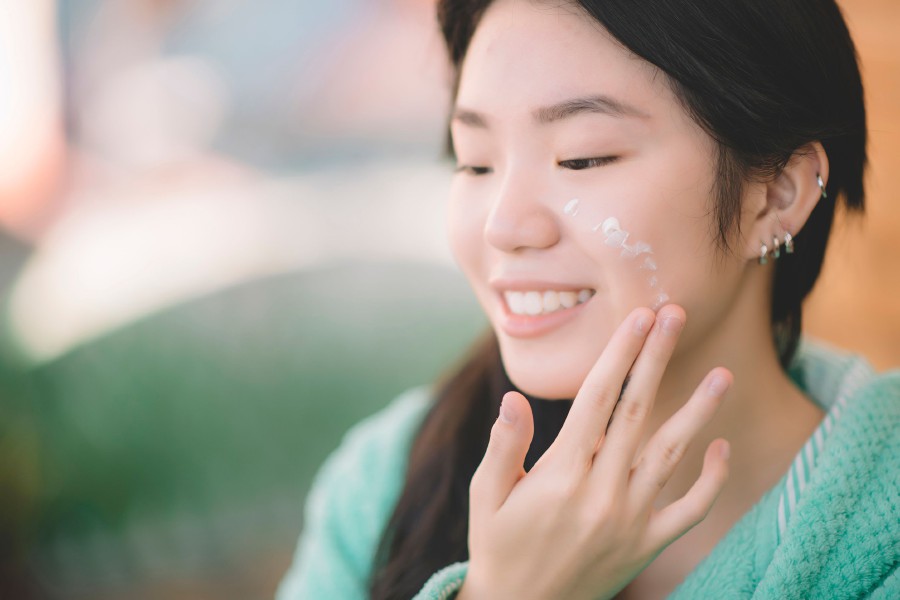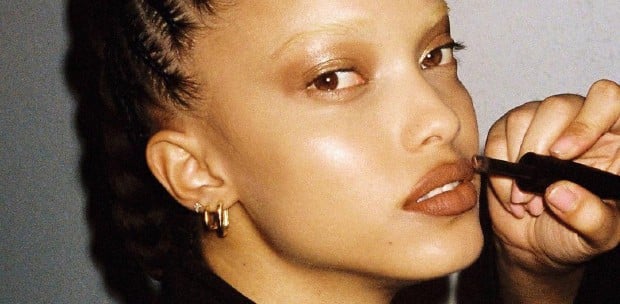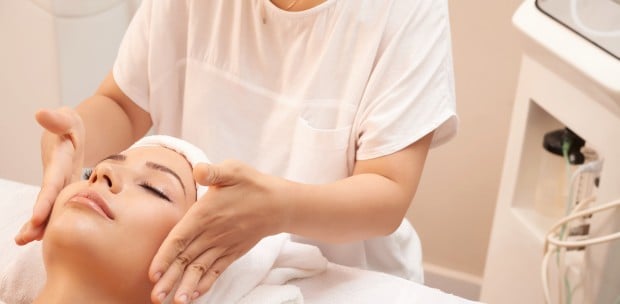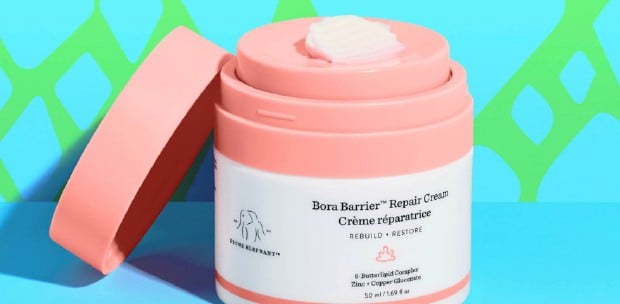THE K-beauty wave has been flooding our social media feeds for a few years now, and this tidal wave shows no signs of stopping.
While Korean cosmetics have become a must-have for many consumers, one product in particular is arousing consumer interest as summer approaches and it's Korean beauty brands' sunscreens.
One need only look at the Internet, especially social media, to realise just how pervasive the K-beauty phenomenon has become. Its success beyond the borders of South Korea can be explained, in part, by the rise of K-pop and its many immaculate-skinned idols. If some of their beauty enthusiast fans are to be believed, one of their secrets to their incredibly glowy skin is sunscreen.
But not just any sunscreen. Those from South Korea have different qualities from the regular ones found in North American and European stores. South Korean sunscreen is said to protect the skin from UV rays, while also offering additional skincare benefits. There are a multitude of "made in Korea" sunscreens to suit different skin types.
But Korean sun creams are also very popular with cosmetics enthusiasts because they don't leave a white finish on the skin. The ideal way to avoid compromising your make-up, while ensuring that your epidermis is protected from external aggressions.

Sunscreen, a beauty essential
While many people associate sunscreen with summer vacations, it's highly recommended to apply it before every outing. Because sunscreen doesn't just help protect the skin from sunburn. It also limits premature skin ageing, and therefore the appearance of fine lines and wrinkles. It also prevents visible skin damage (brown spots, etc.), especially for people with darker skins.
That's why it's important to apply sunscreen every day, even on cloudy days. For a truly protective effect, it's important to apply two milligrammes of sun protection per square centimetre of skin. This corresponds to two teaspoons, or half a tablespoon, for the whole face (including ears, neck and nape).




